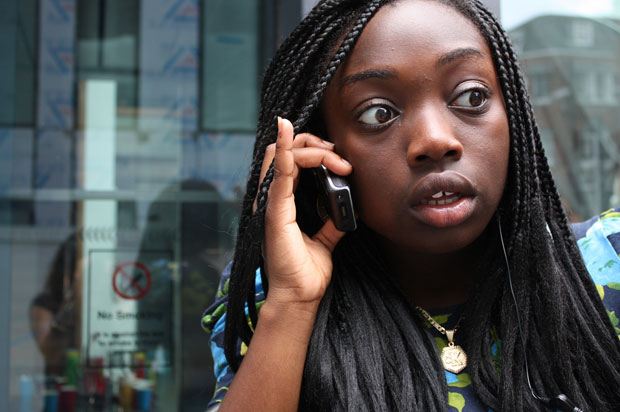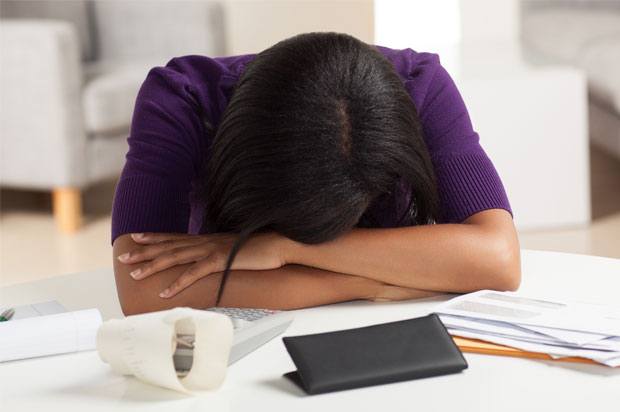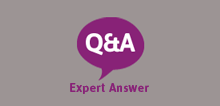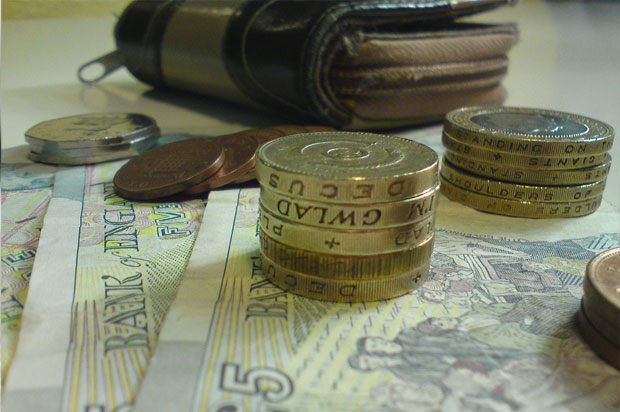What is bankruptcy?
If you're up to your eyeballs in debt, declaring yourself bankrupt may seem like the easy way out. Unfortunately, it's not as simple as that. Find out what declaring yourself bankrupt means for your future.

What is financial abuse?
Defining bankruptcy
So…. What is bankruptcy, you ask? Bankruptcy is a legal process which declares that you’re financially unable to pay off the debt you’re in. It usually lasts about a year, after which all your debts will be written off.
Sounds amazing, right? It ain’t…
The BIG downside is you have to sell your ‘assets’ to pay the people you owe money to first. That includes your house (if you’re lucky enough to own one), possibly your car, and any luxury items, such as watches, electrical goods etc.
Though they won’t leave you naked on the street, you can keep your clothes, furniture, and anything you need for work. If you’re thinking about declaring bankruptcy, we strongly recommend getting expert advice first.
What are the other downsides to bankruptcy?
No doubt all you’re thinking about now is getting rid of these debts that are stressing you out so much. But the aftermath of bankruptcy isn’t a fairytale either. Other downsides include:
- While you’re bankrupt you can’t borrow any money
- It stays on your credit history for six years, so borrowing in the future is harder
- If you’ve been made bankrupt it can be harder to get a job or promotion, and it might also affect your current job if you have one. Check your employment contract to find out if it includes rules about bankruptcy
- Your name will go on the Insolvency Register
- Some loans, like student loans, don’t get written off through bankruptcy
- You’ll probably be asked to leave your bank, and then you’ll have to tell a new one that you’re bankrupt before you open an account
How do people become bankrupt?
You can become bankrupt in two ways:
- You can apply to the court to become bankrupt yourself. This costs about £700 – although you can get help with this if you’re on a low income. The Insolvency Service allows you to apply online
- If you owe someone, or a group of people, £5,000 or more they can apply to make you bankrupt
Again, please DON’T apply to become bankrupt without getting debt advice first. You can read our article on credit and debt here.
What happens after I’ve applied to be bankrupt?
Usually you will receive an email or letter within 28 days of declaring yourself bankrupt to say if you’ve been made bankrupt. After that, they’ll issue a bankruptcy order. You’ll also get an information pack that explains what to do, and you may even have an interview with your official receiver, which is the person who manages the first stages of bankruptcy.
What if the people I owe decide to make me bankrupt?
Your credit card company, loan company, or whoever else you owe, can’t make you bankrupt without warning. They must send you a ‘statutory demand’ first, which is an official letter that asks you to pay up. But don’t panic, it won’t be a ‘hand over the cash in three days or we’ll send the heavies round’ kind of letter. They’ll give you different options for paying it back.
Also, receiving a statutory demand doesn’t automatically mean the company in question will try to make you bankrupt, it could just be a warning tactic. As it will cost more than £1,000 to make you bankrupt they’ll prefer to settle the debt another way. Another hurdle is that they would also have to prove you can’t afford to pay the money back.
If you’re worried about how much money you owe, read our article on paying off your debt.
What other options are there if I’m in debt?
Being in debt can be really stressful, but there is loads of help available and you don’t have to go bankrupt to sort it out. Get advice from a trustworthy organisation, such as Step Change or National Debtline. The Money Advice Service also offers free, unbiased and independent advice about all financial matters.
If you need further support on this, give us a call on 0808 808 4994. We’re unable to give specific money advice but can guide you to the best places for expert support. You may also find our discussion boards helpful.
Next Steps
- The Money Helper offers free, unbiased and independent advice about all financial matters. 0800 138 7777
- StepChange offers free advice on your debt problems, basing it round what's right for you. 0800 138 1111
- Chat about this subject on our Discussion Boards.
By Holly Turner
Updated on 13-Jun-2021
Photo of woman with empty purse by Shutterstock
No featured article














